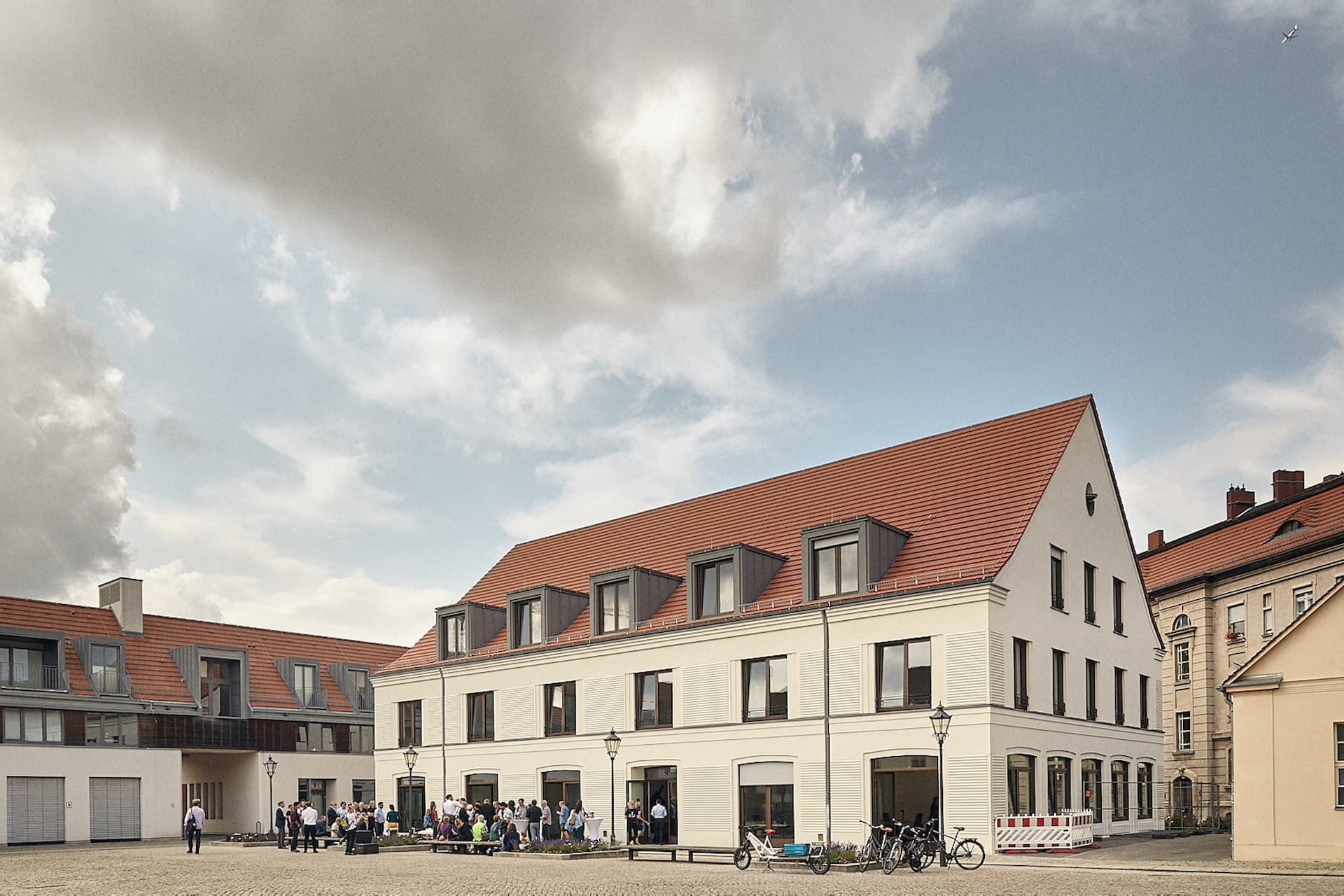
WEIGHT: 67 kg
Bust: SUPER
1 HOUR:80$
Overnight: +60$
Services: Sub Games, Massage, Deep Throat, Soft domination, Receiving Oral
Bringing vital communication skills, they jumped into seats at switchboards still warm from the enemy operators who had just vacated their posts. During the Potsdam conference, a company of WAC telephone operators were flown from their Battalion Headquarters in Paris to staff the switchboards. I also enjoyed excellent telephone service at the Little White House and was pleased and surprised to learn that through the efforts of the Signal Corps, I could make the first telephone call from Berlin to the United States since December, Instantaneous communication was, unlike today, most exceptional.
Communication of all kinds was a critical component of good intelligence and having a sufficient number of trained, skilled operators at telephone switchboards was essential. The WACs were selected for the Potsdam assignment because of their skills, and because of the success of operators at the Quebec and Cairo Conferences two years prior. Generally, WACs were selected for many of these communications tasks with the Signal Service because they already had years of experience in the very tasks they were called on to perform—often clerical, administrative, and communications duties.

Such was the case with working the switchboards; women were selected as operators because of their training and skill. They were viewed as more courteous and also were cheaper to employ. Their familiarity with various systems and the experience connecting calls through circuits allowed for greater efficiency than working with new trainees.
When plans for women to enter service were first discussed, General George Marshall actively supported the use of women in the communications realm. Marshall and others considered women perhaps better suited for these tasks which were repetitious and required patience and manual dexterity. WAC Cpl. Truman during the Potsdam Conference in Germany.

Courtesy National Archives. They were put to work immediately in support roles for the Eighth Air Force. There they served in clerical, administrative roles, but also as cryptographers, photo interpreters and motor pool drivers. The WACs who worked the telephone systems were in demand, a demand that remained high until the very end of the war. They lived and worked in tents, cellars, and switchboard trailers.

































